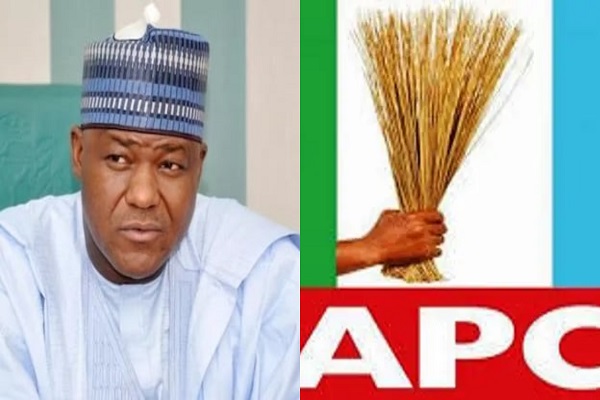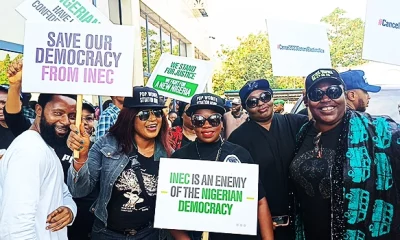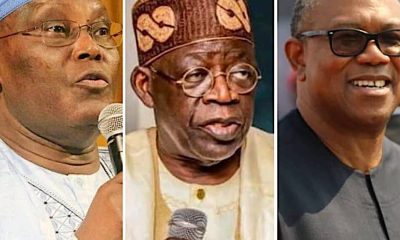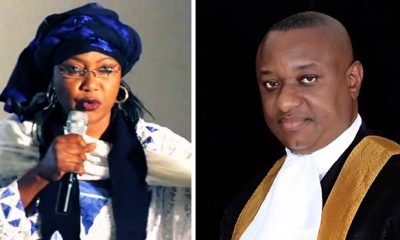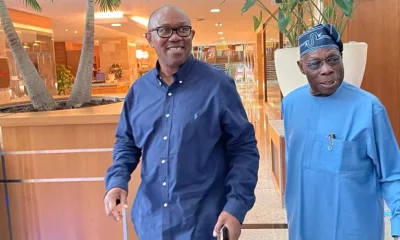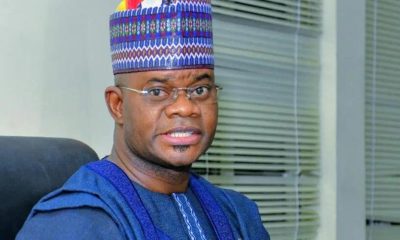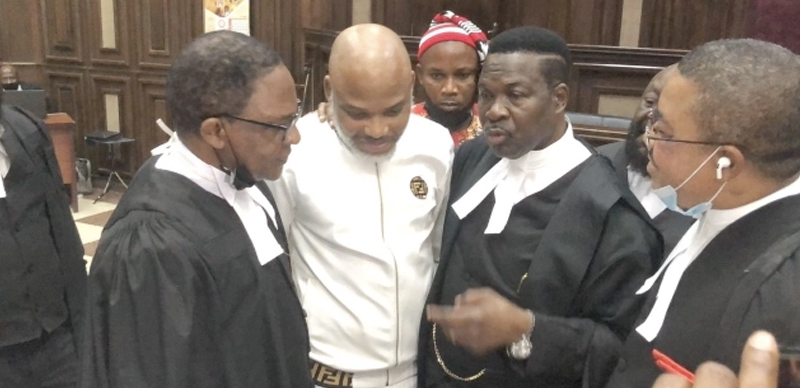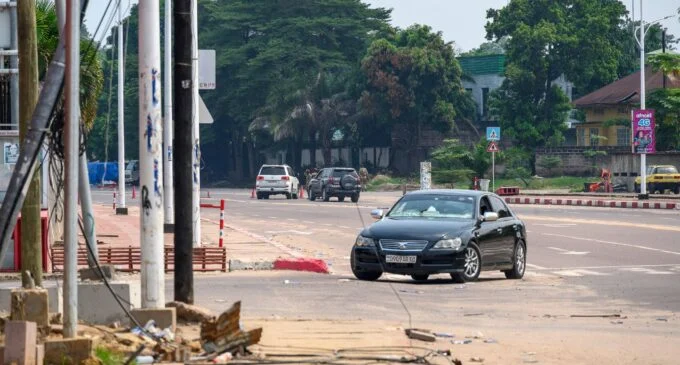A federal high court in Abuja has dismissed another bail application filed by Nnamdi Kanu, leader of the proscribed Indigenous People of Biafra (IPOB).
Binta Nyako, presiding judge, also refused Kanu’s plea to be transferred from the custody of the Department of States Services (DSS) to prison.
The defendant’s request to be placed under house arrest was also rejected.
Kanu is standing trial on a seven-count charge bordering on treasonable felony as preferred against him by the federal government.
BACKGROUND
In 2017, the court granted Kanu bail on the treasonable felony charges filed against him by the federal government.
However, the court revoked Kanu’s bail and issued a bench warrant for his arrest after he failed to present himself as required.
The IPOB leader was rearrested in Kenya in 2021 and extradited to Nigeria — after being on the run for a few years.
In April 2022, Nyako struck out eight of the 15 counts in the charge.
The remaining seven counts were also quashed by the court of appeal on October 13, 2022, with the judge ordering Kanu’s release.
However, on October 28, 2022, the court of appeal granted a stay of execution on its verdict discharging Kanu, after the federal government filed an appeal at the supreme court.
On December 15, 2023, a five-member panel of the apex court reversed the verdict of the appeal court and ordered Kanu to resume his trial before the federal high court.
BAIL APPLICATION
In the fresh bail application, Kanu asked the court to restore his bail which was revoked in 2017.
In the alternative, he asked to be removed from the custody of the DSS and placed under house arrest, or to be remanded in prison.
The defendant said contrary to the federal government’s claim, he did not jump bail or breach any of the conditions of the 2017 bail, but had to flee the country when soldiers allegedly invaded his house in Abia.
He told the court that he would have been killed if he had not escaped the way he did, and accused the federal government of misleading the court in getting the bail revoked.
He also asked the court to set aside the arrest warrant issued against him by the court while he was out of the country.
He also alleged that he does not get proper medical services in DSS custody and he is unable to properly prepare for his defence due to restricted access to his lawyers.
Delivering the ruling, Nyako refused the application of the defendant.
She noted that those who stood surety for the defendant in 2017 had approached the court and applied to be discharged after Kanu escaped from the country.
She held that the sureties, in their applications, claimed that they were not aware of the whereabouts of the defendant, a scenario that forced the court to order the forfeiture of their N100 million bail bonds.
According to the trial court, the issue is currently pending before the court of appeal.
The court held that having refused Kanu’s request for bail on several occasions, the only option available to him was to take the matter before the appellate court.
However, the judge ordered the DSS to always grant Kanu access to his lawyers not exceeding five persons on every visiting day.
It ordered that Kanu must be given “a clean place” to consult with his lawyers at the DSS detention facility, adding that he must be granted access to a doctor of his choice.
Nyako warned that any attempt by Kanu’s legal team to file similar applications before the court would be regarded as a gross abuse of the judicial process.
“You have an option of appeal, please exercise your right of appeal,” the trial judge added.

 News3 years ago
News3 years ago
 Entertainment2 years ago
Entertainment2 years ago
 News3 years ago
News3 years ago
 Privacy3 years ago
Privacy3 years ago
 Sports2 years ago
Sports2 years ago
 Entertainment2 years ago
Entertainment2 years ago
 Opinion3 years ago
Opinion3 years ago
 News3 years ago
News3 years ago
